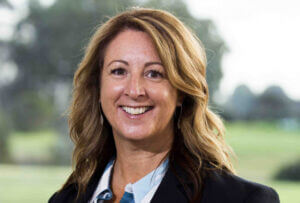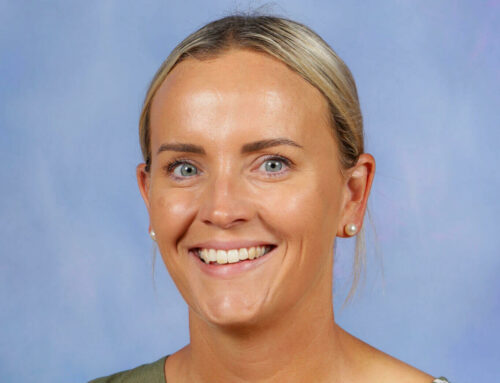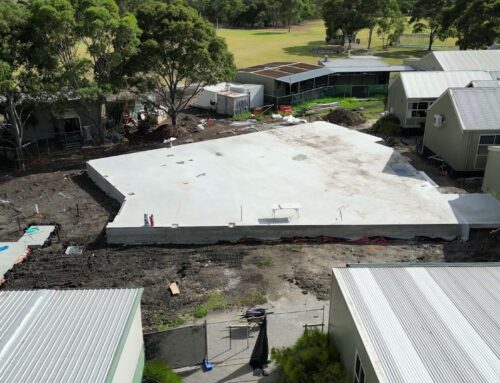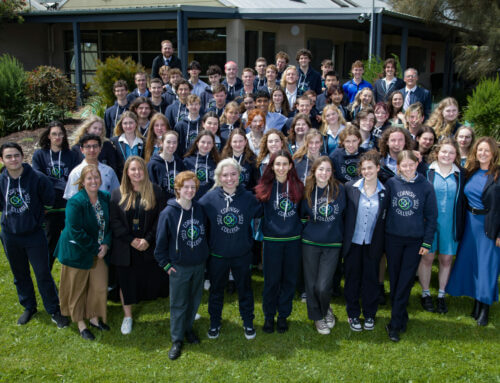We were delighted that our Principal, Nicola Forrest, was able to reflect on the challenges and disruption brought by the pandemic in an article Leaders highlight the value of community in difficult times, in The Saturday Age’s, recent Open Days and Special Events feature.
Regeneration and Repair
In acknowledging the hardship and challenges many people have faced through the pandemic, it is important to acknowledge that, for many of us, cracks have appeared.
Rather than ignore the cracks or see them as faults, we need to seek to repair. This can set us on a strong road to recovery and improvement.
I have recently been fascinated by Kintsugi – the Japanese art of repair, or “gold mending”. It is an art form that seeks to recover rather than to discard – a sustainable approach to living that teaches us to relish our blemishes. Rather than seeing the cracks as faults, we see opportunities for beautiful repair.
Through the lens of beautiful repair, we see the importance of developing the compassion to identify what needs repair, the courage to acknowledge the cracks rather than ignore them, and the integrity and creativity to make what we have more beautiful.
There are cracks in education, but we, as a school, are by no means broken, and we have the courage to admit that we can do things better and that we can do better things.
So, if Cornish looks, sounds and feels a little different now and in the years to come, it’s because it has to. We are not doing things differently just to be different. We are doing things differently to make a difference – because education of a different kind is exactly what children deserve.
So, we move forward now to make things beautiful.
I see beauty in our community. I see so much beauty in the 680 young people who come here, greet us daily, thank us, engage with and challenge us and are proud to be one of us.
I see beauty in every teacher and the support staff who overcome challenges, who learn new things every year, who put aside many of their own personal endeavours just to make a difference.
And I see beauty in our 100 acres, land of the Kulin Nation – the first people to, no doubt, see beauty in it long before we did.




